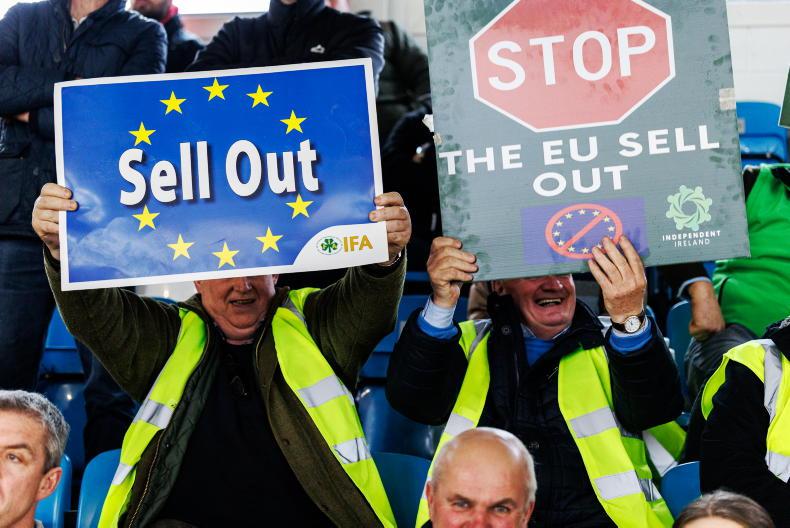Every six months, the European Commission conducts a survey of citizens across the member states of the bloc, which tries to measure the concerns and ambitions among those people, as well as give an idea of how well European institutions are performing.
The most recent survey did give those institutions some good news, with more than half of people surveyed saying they “tend to trust” the EU.
That was the first survey since 2007 to show a majority of those surveyed trust the EU.
There was also good news for the euro currency, as a survey conducted within member states showed that four out of five respondents said that having the euro is a good thing for the EU.
When it came down to country level support for the euro, Ireland had the second-highest positive response level (behind Finland), with 84% saying the common currency is a good thing for the country.
Common currency
The thing about having a common currency is that it means there is a single currency and a single monetary policy across all the countries that use the currency.
If all of those countries are in a similar economic situation, then this single monetary policy is a good thing.
If a boost to growth is needed, then the central bank can reduce interest rates in the hope of increasing borrowing, which increases spending, which should increase economic activity.
Similarly, if growth or inflation is running too hot, the central bank can raise interest rates to try to reduce economic activity.
The problems arise when growth prospects in different countries are in a different place. How does the central bank cool or boost the economy when two different countries need different solutions? Well, that’s exactly the challenge faced right now.
Barometer
The Eurobarometer survey showed that 71% of Irish people see the economic situation in Ireland currently as “good”, with only 20% expecting that situation to get worse in 2025.
In Germany, only 34% of people see the current economic situation in their country as “good”, with 45% seeing it getting worse next year. The mood is even worse in France, where only 15% of people see the situation as “good” and 45% also see it getting worse in 2025.
When the central bank is deciding who it needs to make policy for, it will definitely side with the two biggest economies in the euro area – leaving Ireland with an economy which is already running closer to capacity getting an added boost from very low interest rates.
The only saving grace in this situation is that Ireland has been here before.
In the latter years of the Celtic Tiger (between 2003 and 2007), Ireland’s economy was awash with cheap money - as monetary policy sought to boost the slugglish German economy, which found its way into the Irish housing market, causing the huge bubble that so spectacularly burst in 2007.
Nobody wants to go through that again and the hope is that there is enough institutional knowledge left in Irish official circles to use regulation to counter the huge risks the Irish economy will face in the coming years from too much money chasing opportunities in an already hot economy.










SHARING OPTIONS